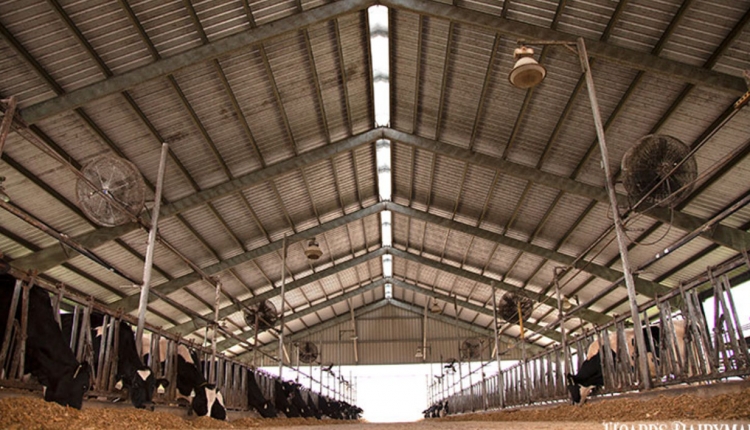
Merriam-Webster states stress is: “. . . a state of mental tension and worry caused by problems in your life, work, etc.” Almost everyone experiences daily stress, as it is pretty much unavoidable in just about any lifestyle or occupation.
Farming is no exception.
Across the U.S., farm families face significant financial and economic pressure pushing them to assess their potential not just to survive periods of low prices and incomes, but to be viable, long-term participants in agriculture.Farm families mix business and family life, creating stressors tied to the farm as both a workplace and home. These stressors include time management, income and profitability, and interpersonal relationships. In addition, farms with multigenerational relationships may have added conflict between generations on decision-making and the transfer of the farm assets. Major stressors for these families include managing the farm and household cash flow, maximizing net worth and minimizing debt, planning for retirement, and determining transition plans.
Farmers and farm families have a reservoir of resources to help maintain mental, emotional, physical, social, and financial health and well-being:
• State or county Extension offices can provide short-term support and help develop plans for issues confronting your farm.
• State Department of Agriculture’s rural helplines can provide immediate support when needed.
• Local commodity agribusiness centers have stress relief resources.
• Various multistate collaboratives have created stress management resources for agriculture producers through the U.S. Department of Agriculture’s National Institute of Food and Agriculture (NIFA) Farm and Ranch Stress Assistance Network (FRSAN) grant program.
Farm Bureau’s Farm State of Mind Resource Directory can point you to state and national organizations that can help.
The important thing is to take the first step. Take that next action, however simple. Understand that there are constructive options available and people who care and are qualified to provide helpful assistance.
Five ways to improve resiliency
• Eat right: Taking the time to eat well will improve your health and outlook.
• Exercise: Exercise is a natural and health stress reliever that provides an outlet for energy generated by chemicals released during stress.
• Talk, talk, talk: Openly discussing problems, concerns, and frustrations is constructive and healthy, especially if you can move to actively addressing the problem.
• Keep your sense of humor: Laughter can change your perception and relieve you from the cycle of stress.
• Avoid unhealthy stress reduction methods: The use of substances alter your perception and often make challenging problems worse.
From “Stress Management”







